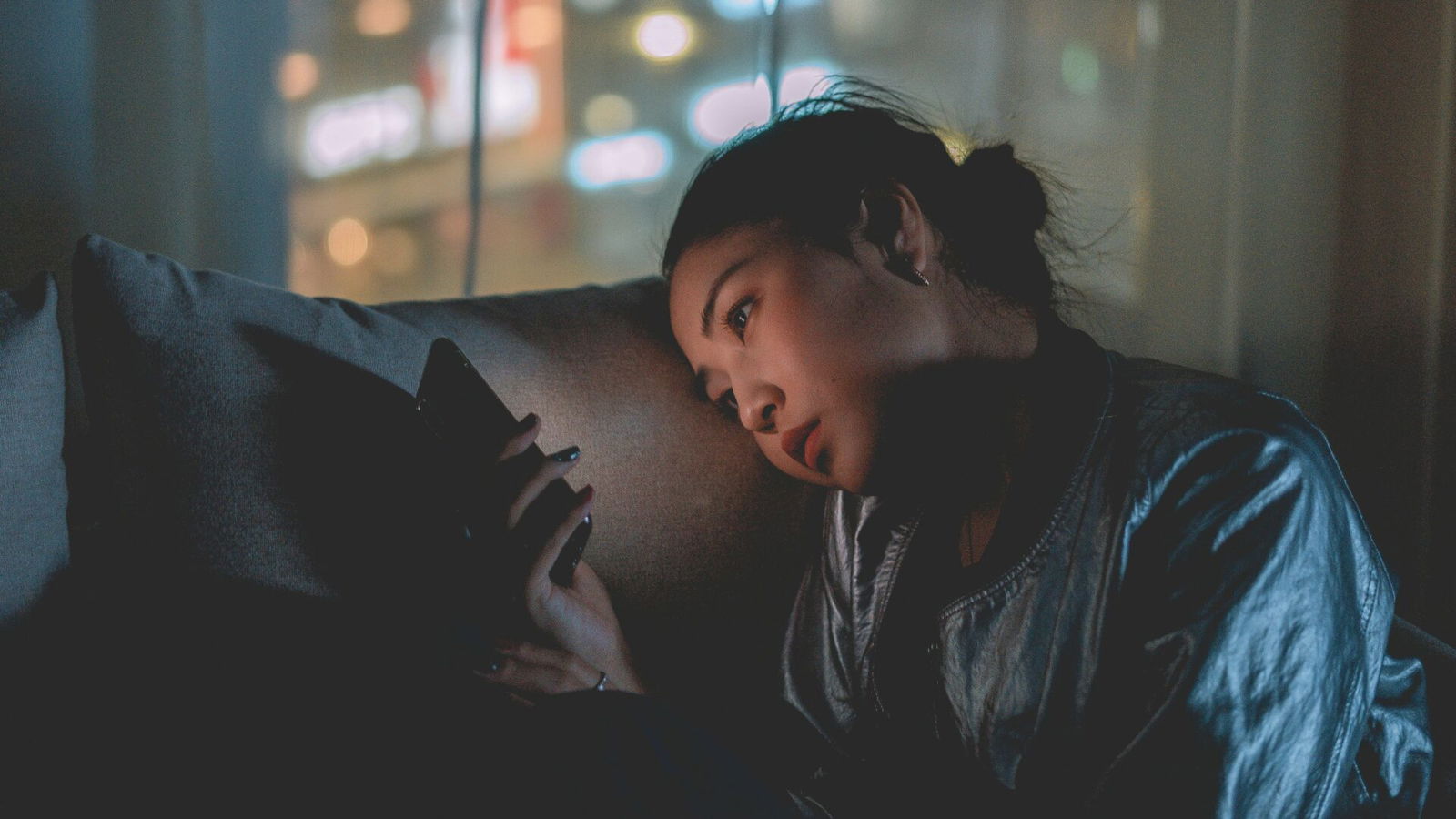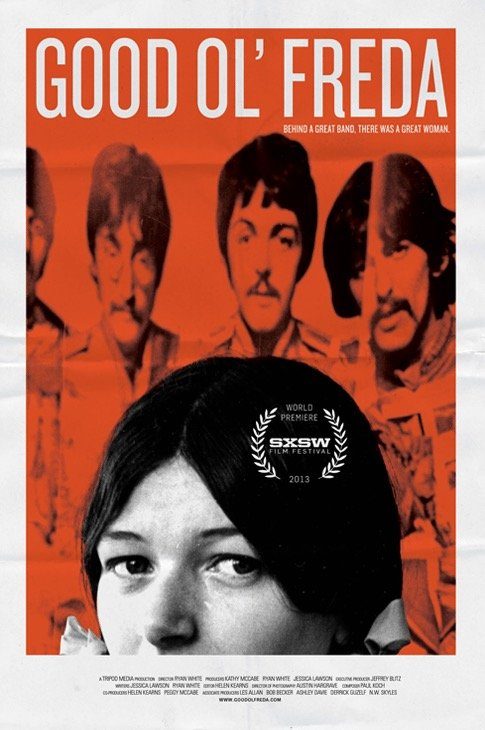
By India McCarty
A new study finds that different social media platforms can affect your feelings of loneliness in different ways.
“The greater use of…passive interactions on social media apps was associated with greater levels of loneliness,” Dr. Ben Ragen, who led the research team, explained.
Ragen shared that apps like YouTube, Reddit and some dating apps were associated with higher levels of loneliness. However, similar platforms like X, Facebook and Instagram did not have those same associations.
“You don’t really know the people you’re interacting with on these platforms, so there was no association,” he said.
While Ragen and his team’s research found that not all social media platforms can lead to loneliness, other studies have warned against the effects increased use of social media can have on loneliness levels.
Related: Teens, Tech and the Loneliness Disconnect
In a study conducted by Baylor University, researchers found that both passive and active use of social media were associated with increased feelings of loneliness over time. Passive use refers to browsing apps without interacting with posts, while active use refers to posting and engaging with others online.
“This research underscores the complexity of social media’s impact on mental health,” Dr. James A. Roberts, one of the researchers, explained. “While social media offers unprecedented access to online communities, it appears that extensive use – whether active or passive – does not alleviate feelings of loneliness and may, in fact, intensify them.”
He continued, “It appears that a continuous feedback loop exists between the two. Lonely people turn to social media to address their feelings, but it is possible that such social media use merely fans the flames of loneliness.”
Other experts have spoken about the dangers of comparing yourself to others you see online.
“We’re all prone to comparing ourselves to others. But social media can heighten this tendency,” Michael Torres, a clinical psychologist, said in an article for Kaiser Permanente’s website.
He continued, “Social comparison often happens when you feel like you’re not experiencing the lives others are portraying in their posts…When you compare yourself to others, it leads to self-judgment, low self-esteem, and a negative sense of self.”
Torres recommended cutting back on screen time, keeping phones out of your bedroom and concentrating on connecting with friends in person, as opposed to online.
While Ragen’s research found that not all social media platforms affect your mental health in the same way, it’s still wise to limit your time online and live your life in the real world.
Read Next: Mark Zuckerberg Wants to Cure Loneliness Epidemic With…AI Chatbots?
Questions or comments? Please write to us here.


 - Content:
- Content: 
 – Content:
– Content: 
